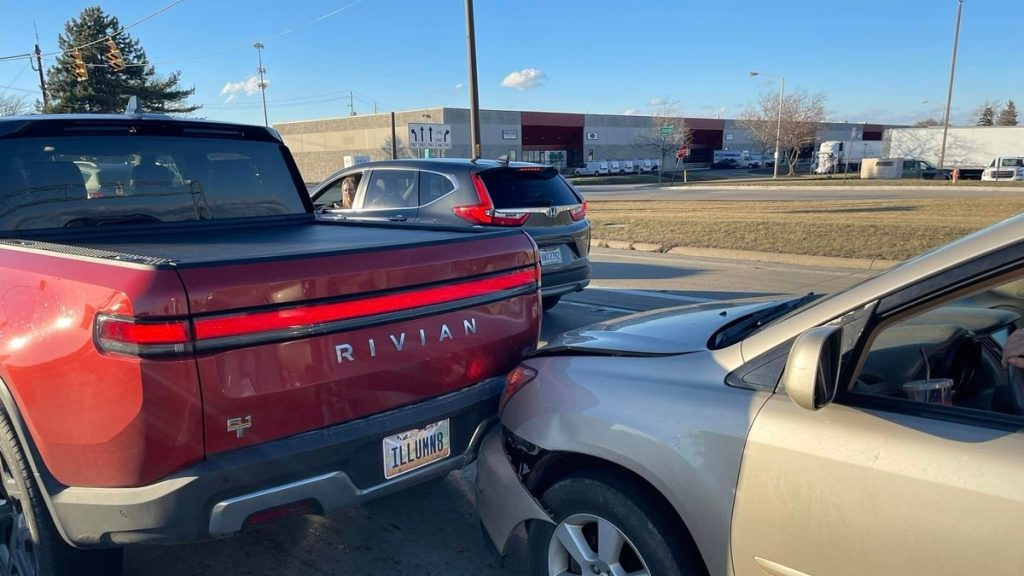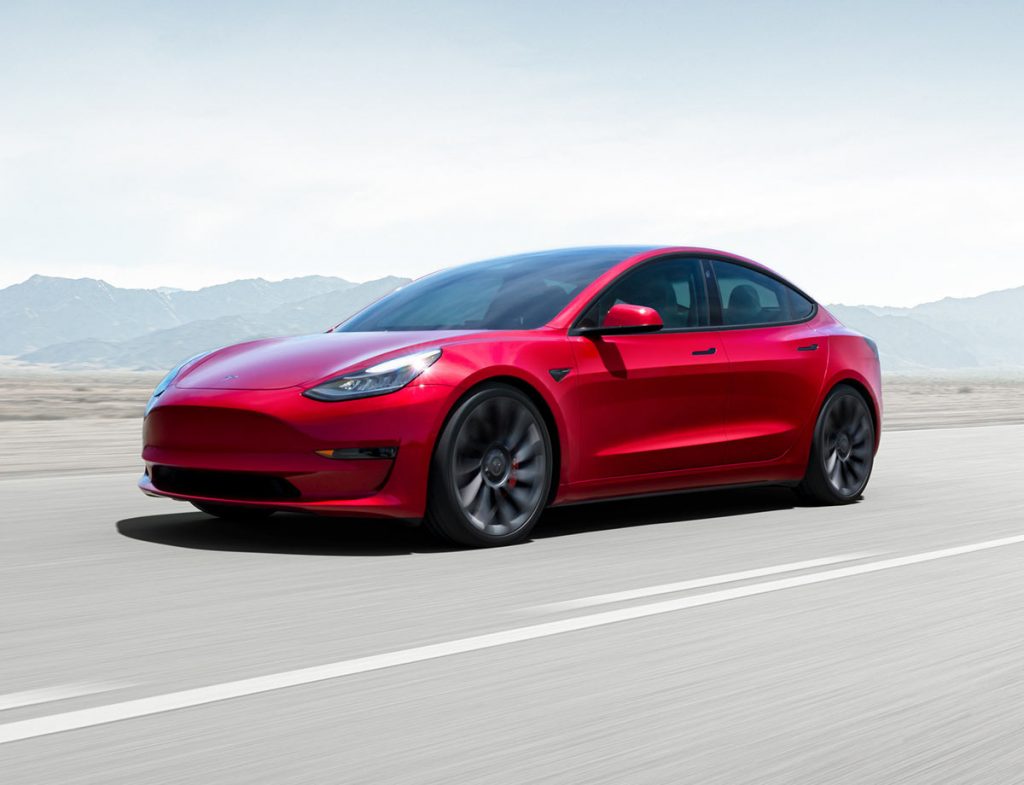Do you consider what repairs might cost when buying a new vehicle? Your insurer does, and it and charges your premium accordingly. You might ask what standard wear-and-tear items like tires or a brake job might run you — large commitments require understanding the cost of maintaining those commitments — but how are we going to contend with the unknown costs of electric-vehicle repair?


If you follow auto news, you doubtless grabbed a eyeful of the recent Rivian R1T fender-bender headline: an insurance-adjustor’s estimated $1,600 repair turned into a US$42,000 nightmare when it was determined that huge parts of the truck had to be disassembled to correct the seemingly slight damage that had occurred. See the photos and judge for yourself.
There’s a bit of building-it-as-we-fly-it happening in the land of electric vehicles. While roads have been speckled with them for the past decade, those numbers are growing rapidly as ever more buyers go electric. We’re seeing the first end-of-life for those original batteries, but also a growing trend where owners, insurers, and repair shops are seeing vehicle issues for the first time. New tech has always presented new challenges, but this might be a sea change that snuck up slowly, then all at once.
…
George Iny, the president of the APA, tackled this issue in a recent Money Sense column. A Quebec owner of a 2013 Tesla Model S with 213,000 km found corrosion issues that had damaged the battery casing. They were quoted $25,500 plus tax by Tesla for the replacement; their warranty had expired. Iny called this an emerging issue, complicated in this case by the salt on our roads and the “location of the air conditioner drain [which] allows condensation to drip onto the battery case.” The resulting underbody corrosion sent Iny on a deeper dive of information that Model S and Model X owners will want to peruse.
The APA points out that few aftermarket entities are equipped to deal with issues like these, and they’re mounting. “The Automobile Protection Association (APA) has received complaints on the Nissan Leaf as recently as the 2018 model year, and the Ford Focus EV, among others. And Toyota is currently the subject of a class-action lawsuit over corrosion of the wiring connection to the rear motor on several of its hybrid models.”
